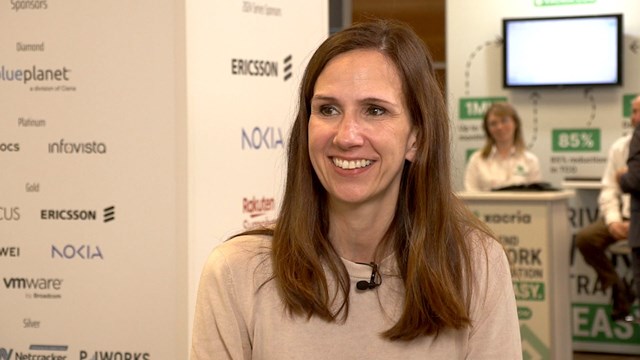
- Malaysia’s 5G rollout stalls as deal between state-owned operator DNB and private telcos collapses
- Government considering second 5G network to provide competition amid deep mistrust over DNB’s secrecy
- Cash-strapped DNB faces funding crunch as bankers get nervous
Malaysia’s ambitious plan to roll out a shared nationwide 5G network has hit a major roadblock as negotiations between state-owned operator Digital Nasional Bhd (DNB) and the country’s powerful private telcos have reached an impasse, according to a Channel News Asia (CNA) report.
The breakdown in talks is forcing Prime Minister Anwar Ibrahim’s government to reconsider allowing a second 5G operator to provide much-needed competition in the booming mobile sector, according to industry sources who spoke to CNA on condition of anonymity.
Under a multi-tiered compromise settlement signed in December, Malaysia’s five major telcos – Maxis, CelcomDigi, U Mobile, YTL Communications and Telekom Malaysia – each paid DNB 230m Malaysian ringgit ($48.15m) as a pre-payment for 5G network access. The second stage called for due diligence into DNB’s operations, which would allow the telcos to decide whether to acquire stakes in the state entity or form a joint venture to operate a second network.
However, after more than four months, the two sides have yet to agree on key conditions, including appointing directors to represent the telcos on DNB’s board and completing confidential audits on the company’s finances, contracts and technical infrastructure.
The impasse is presenting Prime Minister Anwar with one of his most complex economic policy challenges, with potentially huge impacts for the country’s investment climate as uncertainties sideline investors interested in leveraging 5G benefits. There are also growing financial concerns at DNB, which has borrowed heavily to fund network rollout and could face a cash crunch without fresh government funding.
Finding common ground will not be easy given the deep mistrust between DNB proponents and the telcos over the secrecy surrounding the state operator’s internal affairs, particularly related to major contracts. But with almost 10 million 5G subscribers as of January and population coverage exceeding 80%, some believe the “best option would be to work on a solution using DNB’s infrastructure,” according to a Maxis executive interviewed by CNA.
The current situation is clearly fraught with tension: The DNB responded to the CNA with a response that challenged “several misleading claims”.
5G rollout in Malaysia
Malaysia adopted a unique approach to its 5G deployment by implementing a single wholesale network model through the formation of Digital Nasional Berhad (DNB) in 2021. Under this model, DNB was tasked with deploying a nationwide 5G network, with all major service providers in the country signing access agreements to offer retail 5G services to end users.
According to a recent Ookla report on the state of Malaysia’s 5G landscape, this strategy has yielded impressive results in terms of network performance. As of the fourth quarter of 2023, Malaysia’s 5G network boasted a median download speed of 451.79 Mbit/s, outpacing regional peers like Singapore (329.73 Mbit/s), Thailand (129.40 Mbit/s), and the Philippines (125.14 Mbit/s).
Malaysia also topped the global 5G Consistency Score rankings, with 97.3% of samples meeting the minimum threshold of 25 Mbit/s download and 3 Mbit/s upload speeds.
However, the Ookla report notes that despite steady improvements, the actual availability of 5G services in Malaysia (the percentage of 5G-active devices that spend the majority of their time connected to a 5G network) only hit 27% in Q4 2023: This still lagged behind neighboring Singapore (53.7%) and Thailand (45.5%). This suggests that while the single wholesale network model has delivered strong 5G performance, more work needs to be done on the launch and promotion of affordable 5G service packages, increasing 5G device availability and further expanding 5G network coverage – simply having a network in place is not enough.
- Joana Bagano, Contributing Editor, TelecomTV
Email Newsletters
Sign up to receive TelecomTV's top news and videos, plus exclusive subscriber-only content direct to your inbox.




